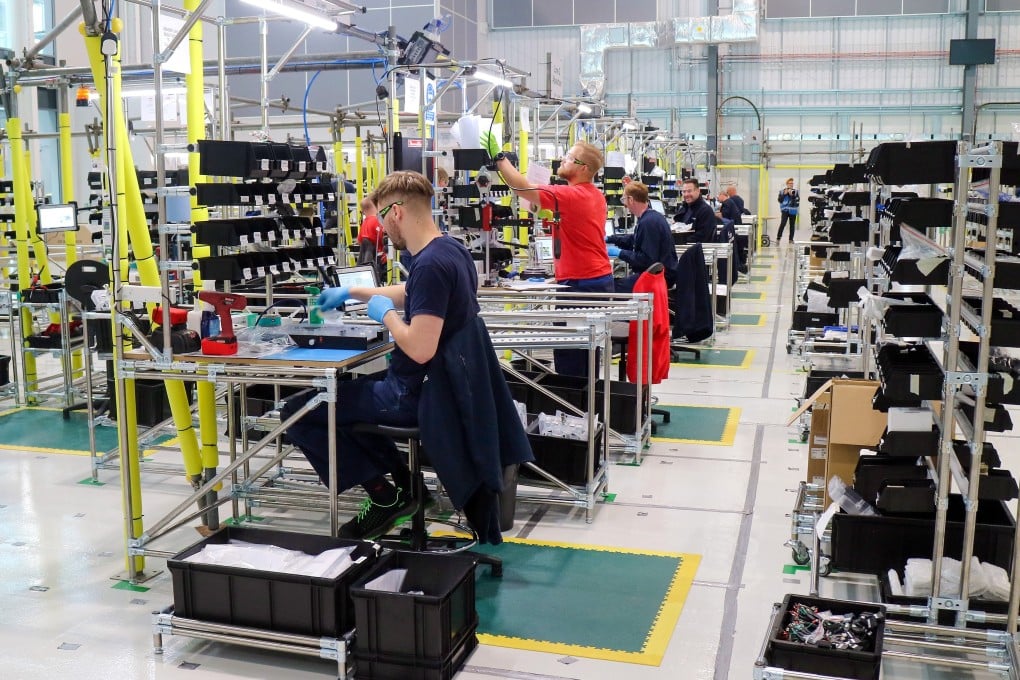Advertisement
The post-pandemic world could be more sustainable and inclusive. The choice is ours
- The talk everywhere is about decoupling and bringing supply chains home, but the retreat from hyper-globalisation need not mean trade wars. It is possible to envisage a more sensible, less intrusive model of economic globalisation
Reading Time:3 minutes
Why you can trust SCMP

The global economy will be shaped in the years ahead by three trends. The relationship between markets and the state will be rebalanced, in favour of the latter. This will be accompanied by a rebalancing between hyper-globalisation and national autonomy, also in favour of the latter. And our ambitions for economic growth will need to be scaled down.
Advertisement
There is nothing like a pandemic to highlight markets’ inadequacy in the face of collective-action problems and the importance of state capacity to respond to crises and protect people.
The Covid-19 crisis has raised the volume on calls for universal health insurance, stronger labour protections (including of gig workers), and protection of domestic supply chains for critical medical equipment.
It has led countries to prioritise resilience and dependability in production over cost savings and efficiency through global outsourcing. And the economic costs of lockdowns will grow over time, as the massive supply shock caused by the disruption of domestic production and global value chains produces a downward shift in aggregate demand as well.
But while Covid-19 reinforces these trends, it is not the primary force driving them. All three predate the pandemic.
And while they could be viewed as posing significant dangers to human prosperity, it is also possible that they are harbingers of a more sustainable, more inclusive global economy.

Advertisement
